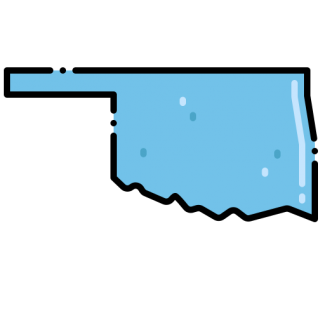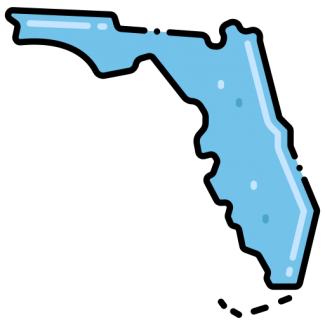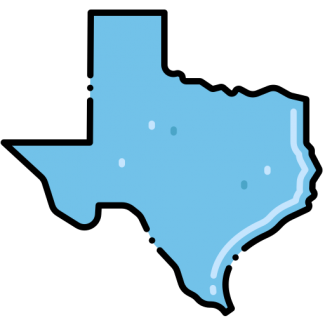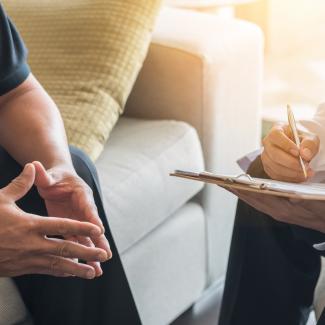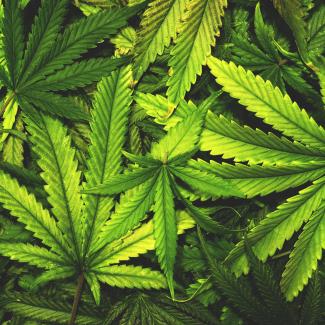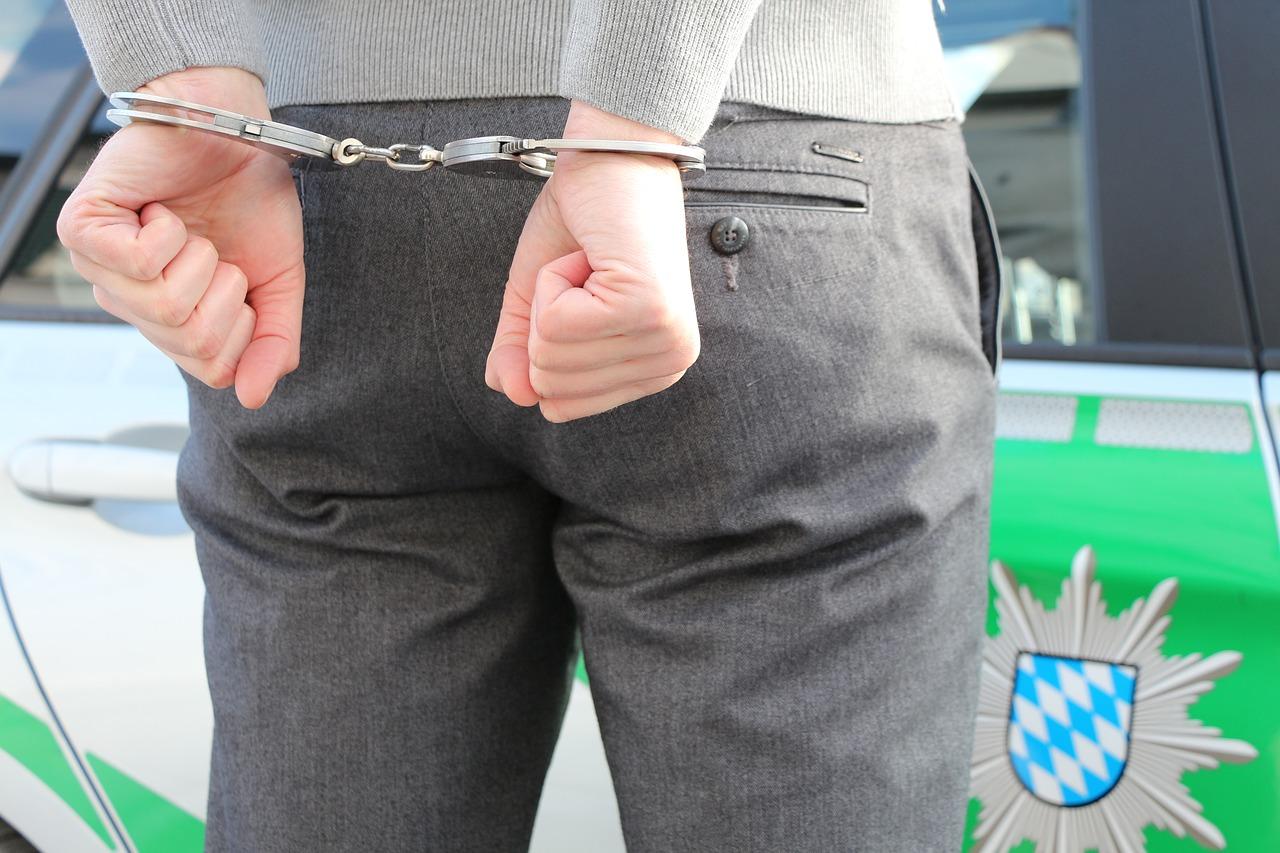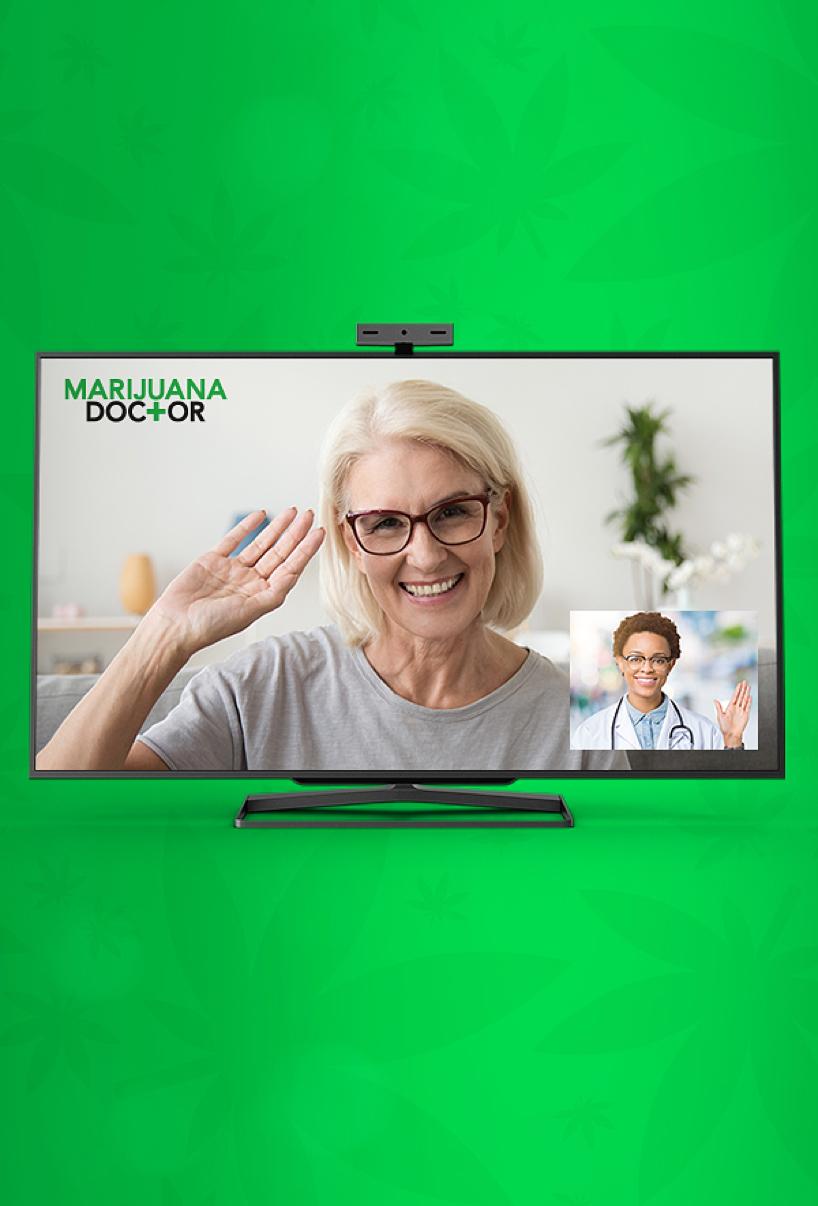In November 2016, 71 percent of Florida residents voted YES on a ballot initiative calling for a constitutional amendment to permit the use of medical marijuana by patients suffering from a list of qualifying medical conditions. The measure superseded a previous law that permitted the use of low-THC cannabis oil to treat a shortlist of life-threatening conditions.
Under the new law, the list of “debilitating conditions” was broadened to include cancer, epilepsy, glaucoma, HIV, AIDS, Crohn's disease, PTSD, Parkinson's disease, ALS, and multiple sclerosis.
The law also specifies that physicians may approve a patient suffering from any condition they believe to be a "debilitating medical condition of the same kind or class as or comparable to those above.”
Many patients who are legitimately suffering from one of these conditions have decided to forgo the card and take their chances and buy marijuana on the illicit market.
But what exactly is at stake for these people? Quite a lot, actually.
Take, for example, Jacksonville Jaguars defensive tackle Marcell Dareus. According to a report by ESPN, Dareus was found to be in possession of fewer than 20 grams of marijuana during a recent traffic stop. He was arrested and charged with misdemeanor possession of marijuana. He now faces up to a year in jail and $1000 in fines, not to mention legal bills which are likely to be far more expensive. This nightmare would have all gone away if Dareus had a Florida medical marijuana card. On top of the legal woes, Dareus also faces possible suspension from the NFL.
Then there’s the story of William Strange. Strange is a 23-year-old Boy Scout worker at America’s Florida Sea Base in Islamorada in the Florida Keys. He was arrested and charged with possession of around eight grams of marijuana and six grams of edibles. According to the Miami Herald, Strange now faces felony marijuana possession charges. It’s also highly likely that Stange will lose his job and take on hefty legal bills.
The aforementioned incidents both hit the news within 24 hours of writing this article. The same scenario played out across the state involving many, many more unlucky individuals. Multiply the hundreds of Floridians arrested each day by 365 days a year and you get some sense of the thousands of people who might have avoided the legal nightmare associated with marijuana possession charges had they only applied for a medical marijuana card.
Let’s now take a look at Florida’s drug laws as they pertain to marijuana possession outside of the legal medical program to get an idea of exactly what’s at risk.
Florida recreational marijuana laws
Amendment 2 does not change Florida's drug possession laws. And Florida is known to have some of the strictest drug laws in the country.
In the state of Florida, the possession of 20 grams or less of marijuana is a misdemeanor. The maximum sentence is one year of imprisonment and a maximum fine of $1,000.
Regardless of the sentence, if you’re found guilty of this charge, you will henceforward be labeled as a criminal.
Keep in mind, 20 grams is about three-quarters of an ounce. If you’re convicted of possession of more than 20 grams the stakes are much higher. The crime is a felony that puts you at risk of spending up to five years in prison and paying a maximum fine of $5,000.
And if you’re caught within 1,000 feet of a school, college, park, or other specified areas, you can be sentenced up to a mind-numbing 15 years in prison and a maximum fine of $10,000.
A handful of Florida municipalities have decriminalized marijuana. In Orlando, for example, police officers can write citations rather than making an arrest. However, in certain jurisdictions, payment of the citation constitutes an admission of guilt and can still result in a criminal record.
Growing marijuana can carry even stiffer penalties. So unless you have a cannabis cultivation license, it’s a really bad idea.
Compared to spending a few hours of your life and a couple hundred dollars obtaining a medical marijuana card, even one month in jail is an unreasonably high price to pay and certainly not worth the risk.
Moreover, ask any convicted felon how having a criminal record has affected their life, and you will get an idea of the potentially devastating costs of having a misdemeanor or felony conviction on your record.
Protect yourself with a Florida medical marijuana card
The best way to protect yourself from the potentially devastating consequences of a drug possession conviction is to get your very own medical marijuana card.
Although there are some limitations, such as which products you can purchase and how much you can possess, they are not unreasonable and are a small sacrifice for the protection provided by obtaining a Florida medical marijuana card.
In order to take part in Florida’s medical marijuana program, you must be evaluated by a certified medical marijuana physician. Based on your medical history, the physician will decide if you do indeed suffer from one of the qualifying medical conditions.
Florida medical marijuana qualifying conditions include:
-
Cancer
-
Epilepsy
-
Glaucoma
-
HIV/AIDS
-
Crohn’s disease
-
Parkinson’s disease
-
Multiple sclerosis (MS)
-
Post-traumatic stress disorder (PTSD)
-
Amyotrophic lateral sclerosis (ALS)
-
A terminal condition diagnosed by a physician other than the qualified physician issuing the physician certification
-
Medical conditions of the same kind or class as or comparable to those above
-
Chronic nonmalignant pain caused by a qualifying medical condition or that originates from a qualifying medical condition and persists beyond the usual course of that qualifying medical condition
How to get a Florida medical marijuana card
The first step in obtaining a medical marijuana card in Florida is to talk to your own physician and find out if they will certify you. If not, then you’ll need to gather your medical records and find a doctor who offers this service.
Technically, in order for the doctor to approve your application, you must not only suffer from one of the approved conditions, but your records must also show that you have tried traditional medical treatments that haven’t worked. That being said, however, it’s the doctor who must make the final decision in their best judgment.
Once you’re approved by a doctor you’ll need to register with the Department of Health’s Office of Medical Marijuana Use.
The approval process can take up to a month to complete. Once you receive your card, it’s good for one year. However, occasional re-examinations are required to remain in good standing.
MarijuanaDoctor.com can help you get your Florida medical marijuana card
Marijuana Doctor is Florida’s #1 medical marijuana referral clinic with 17 locations statewide. We’ve helped thousands of Florida patients find relief.
We understand that the medical marijuana system can be intimidating to navigate. Our helpful staff will assist you with every step of the process, from your initial examination to registering with the Florida Department of Health to locating the nearest medical marijuana dispensaries.
With multiple locations in Miami, Fort Lauderdale, Orlando, Lake Worth, and Clearwater, our board-certified physicians and expert staff make it as easy as possible for you to get your medical cannabis recommendation.
There’s no risk to check your eligibility and see if you qualify. If you don’t qualify, you don’t pay!
Visit us at www.MarijuanaDoctor.com, or call (844) 442-0362 to schedule your risk-free appointment today!









